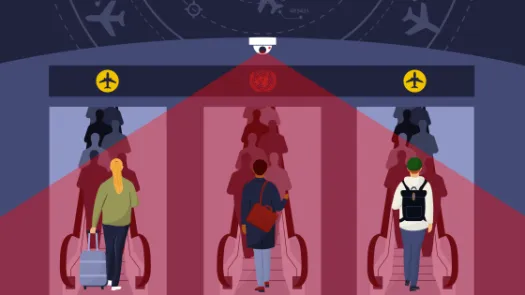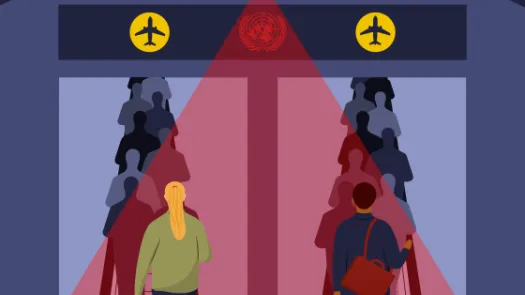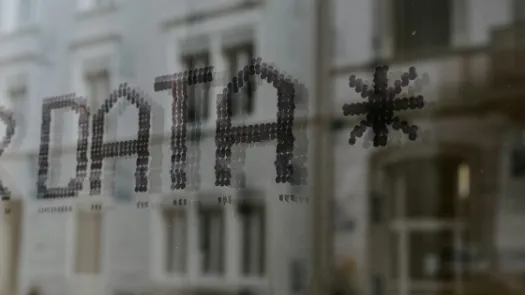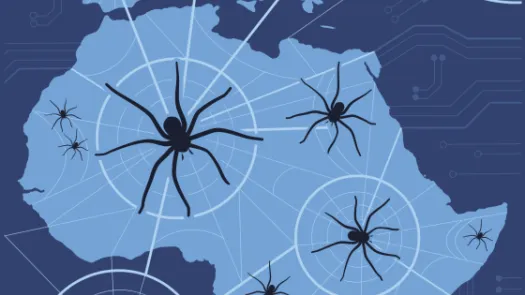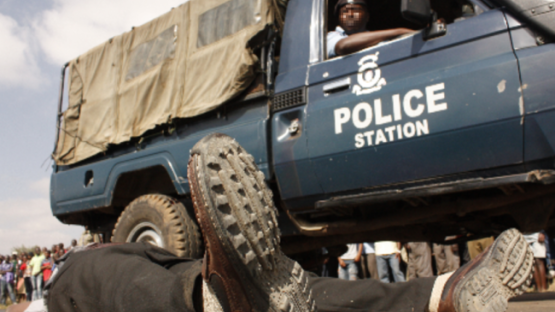
…it can protect our lives
Everyone has the right to life and to live freely and safety.

On 3 December 2015, four masked men in plainclothes arrested Isnina Musa Sheikh in broad daylight (at around 1 p.m.) as she served customers at her food kiosk in Mandera town, in the North East of Kenya, Human Rights Watch reported. The men didn’t identify themselves but they were carrying pistols and M16 assault rifles, commonly used by Kenyan defence forces and the cars that took her away had their insignia on the doors. Isnina’s body was discovered three days later in a shallow grave about 50 kilometres from Mandera town.
This is one of the many reported cases of extrajudicial killings during counterterrorism operations where the individuals were last seen with Kenyan security officers. The rights group Haki Africa has detailed 81 cases of killings and disappearances between 2012-16, while another report attributed 267 cases of extrajudicial killings to the Kenyan police. Reports keep coming, Human Rights Watch had to publish a new report in 2019, detailing ongoing violence.
What is less reported is how these ‘counter-terrorism’ operations have been facilitated by communications surveillance. In 2017, we revealed how intelligence gained by intercepting phone communications, primarily by the Kenyan National Intelligence Service (NIS), is regularly provided to units of the police to carry out counter-terrorism operations, particularly the GSU-Recce company and Anti-Terrorism Police Unit (ATPU).
Officers of the Recce Company have admitted to carrying out extrajudicial killings as a matter of policy. ATPU officers have also been linked to extrajudicial disappearances. A senior officer recalls: “The person who will be having the information is the person who has been doing the surveillance, who is NIS. So they will give the first briefing.”
The NIS have direct access to communications networks - meaning that they can access the information flowing through a network without the network operators’ knowledge and they also have equipment that allows the interception of mobile communications. Communications surveillance is being carried out by Kenyan state actors, essentially without oversight, outside of the procedures required by Kenyan laws.
Intercepted communications content and data are used to facilitate serious human rights abuses, to spy on, locate, track and ultimately arrest, kill or disappear suspects. By ensuring that surveillance is lawful, necessary and proportionate with respect to privacy, we can effectively protect our lives, ensuring we remain free and safe.
Everyone has the right to life, liberty and security of person. Article 3, Right to life
* Photo by: Unkown, if you have information please contact us.
